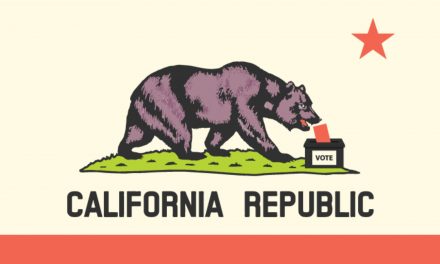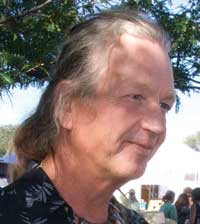China’s drug development is in the earliest stages compared to the broader industry. Some experts say, however, that it is only a matter of time before China’s medical companies stand alongside Big Pharma giants like Pfizer and AstraZeneca.
Oi, vey!
… Hutchison China MediTech, a firm backed by Hong Kong’s richest man, Li Ka-shing, started out in 2000 trying to develop the herbal drugs used in traditional Chinese medicine. In 2005, the company, known as Chi-Med, started developing cancer drugs.
At its main laboratory in Shanghai, upward of 350 scientists are surrounded by rodents in testing rooms. More than half the scientists are at work trying to discover new drugs.
In October, Chi-Med reported that more than 60 percent of patients in second-stage clinical trials had responded positively to its drug, savolitinib, which it is developing together with AstraZeneca. Savolitinib — the first drug of its kind — can be used to treat lung, kidney, gastric and colorectal cancers; it is often used in combination with other AstraZeneca drugs to shut down pathways that allow the cancer to spread.
Chi-Med is awaiting more data. But if further tests get positive results, the company will apply for what is known as breakthrough therapy designation from the United States Food and Drug Administration.
It still needs to run Phase 3 trials, the last step before seeking full approval from the F.D.A., but breakthrough therapy status would allow the final stage to be sped up. The trials involve drugs being tested, often against placebos, for their safety and effectiveness on as many as several thousand patients.
…The last time China produced a new drug for the global pharmaceutical industry was in the 1970s, when the Chinese scientist Tu Youyou was credited with the discovery of artemisinin after Mao Zedong asked her to come up with a cure for malaria. But global recognition did not come until much later, after the Swiss drug maker Novartis bought the Chinese patent and started producing it in the late 1990s. Ms. Tu was eventually awarded a Nobel Prize in 2015.




